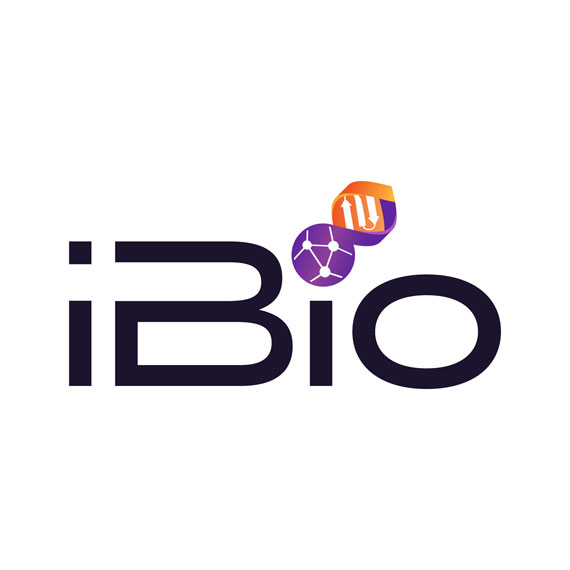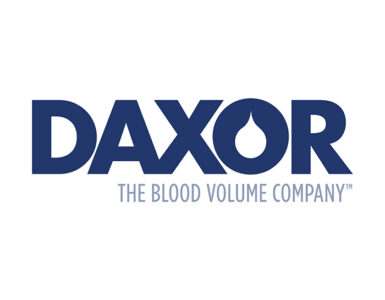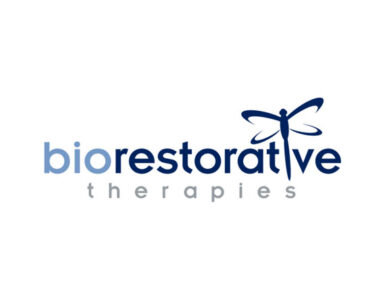
iBio (NYSEA:IBIO) has sold assets related to its early-stage programmed cell death protein 1 (PD-1 ) agonist program to Otsuka Pharmaceutical.
Under the terms of the accord, iBio received an upfront payment of $1.0 million in cash at closing, and is also eligible to receive additional contingent cash payments totaling up to $52.5 million upon the achievement of certain pre-specified clinical development and commercial milestones.
PD-1 is a pivotal checkpoint in the immune system, acting as a type of “off switch” that helps keep the cells from attacking other cells in the body. By agonizing or enhancing the signaling of PD-1, it is possible to temper the immune response, making it particularly valuable in the treatment of autoimmune diseases. In conditions where the immune system mistakenly wages war on the body’s own cells, such as in autoimmune diabetes or lupus, therapies that target PD-1 can potentially reduce the severity of these autoimmune reactions. However, unlike PD-1 antagonists used in immuno-oncology, PD-1 agonists, like the one iBio sold to Otsuka, are difficult to find.
“We believe this is an important transaction for iBio, and a win-win for both companies,” Martin Brenner, DVM, Ph.D., iBio’s CEO and CSO, said in a statement.
“The deal provides iBio with a potential significant new source of non-dilutive capital if all of the milestones are satisfied; further validates the ability of our precision-driven and deeply integrated technology stack to efficiently deliver antibody candidates against challenging targets, including the development of complex antibody modalities such as agonistic antibodies; and allows us to focus our resources squarely on the continued development of our proprietary immuno-oncology pipeline and AI-based drug discovery platform. At the same time, it provides a path forward for the PD-1 agonist program via further development by Otsuka,” he added.
Following the sale of iBio’s PD-1 program, with which it was targeting autoimmune diseases, its proprietary therapeutic pipeline is now comprised entirely of seven promising immuno-oncology candidates.





